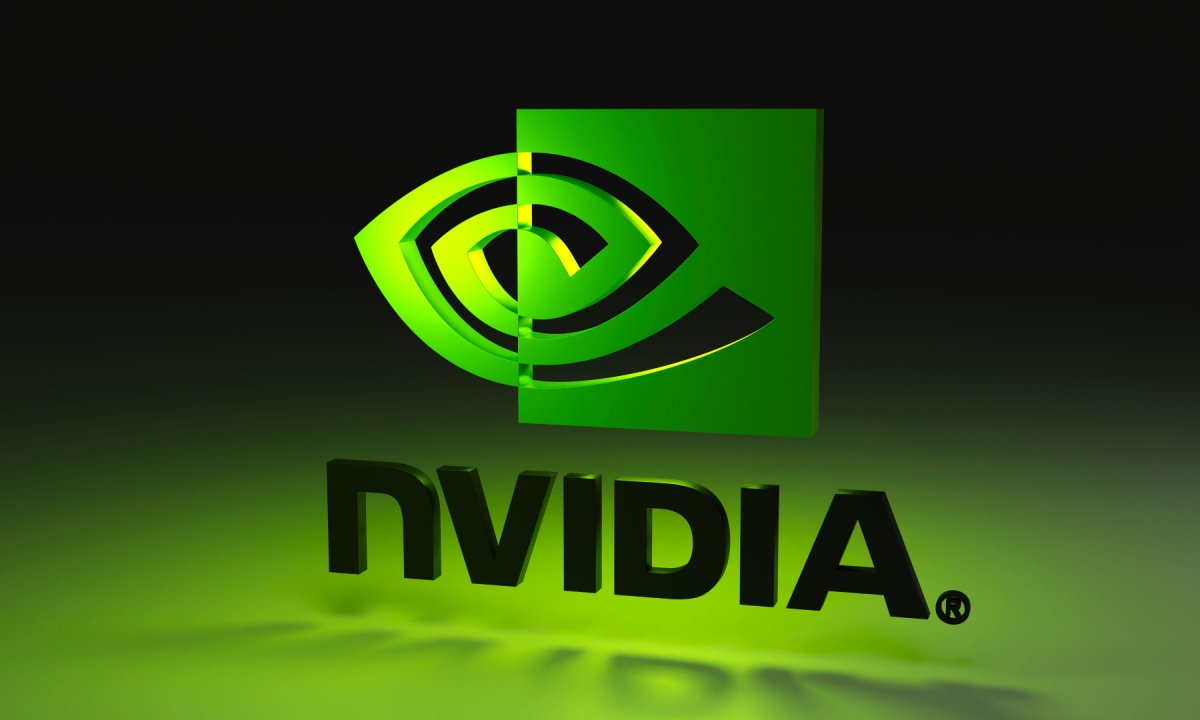Nvidia has voiced strong concerns about the proposed AI GAIN Act, arguing that the legislation could significantly reduce global competition in the advanced chip sector. According to Reuters, the company likened the potential consequences of the bill to those of the earlier AI Diffusion Rule, which imposed limits on computing power available to foreign markets.
The Guaranteeing Access and Innovation for National Artificial Intelligence Act (GAIN AI Act) is included in the National Defense Authorization Act. Per Reuters, the proposal requires chipmakers to prioritize fulfilling U.S. demand for high-performance processors before selling to overseas customers. Supporters argue that the measure will safeguard America’s leadership in artificial intelligence technology, while Nvidia maintains it risks disrupting industries worldwide.
“We never deprive American customers in order to serve the rest of the world. In trying to solve a problem that does not exist, the proposed bill would restrict competition worldwide in any industry that uses mainstream computing chips,” an Nvidia spokesperson said.
Related: US Treasury Secretary: No Plans for Nvidia Stake Despite Intel Investment
If passed, the bill would mandate that exporters obtain licenses before sending out silicon chips that exceed certain performance benchmarks. The legislation explicitly states that U.S. policy should deny export licenses for the most powerful processors—those with a combined processing power of 4,800 or higher—while also blocking foreign sales if U.S. buyers cannot access the same chips.
According to Reuters, these conditions reflect aspects of the AI Diffusion Rule put in place during former President Joe Biden’s administration. That earlier policy sought to allocate computing power among U.S. allies and prevent rivals such as China from acquiring top-tier technology. Both measures highlight Washington’s intent to prioritize domestic access and limit China’s military and technological development.
The debate comes amid broader trade tensions and heightened scrutiny over the role of artificial intelligence in defense and security. Just last month, President Donald Trump struck a deal with Nvidia allowing the company to resume certain chip exports to China in exchange for the U.S. government receiving a portion of sales.
Source: Reuters

